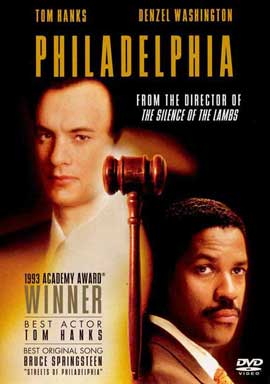
The department
of Sociology at Christ University had organized a workshop on December 10, 2013, on Logical Framework Analysis (LFA). Students of second year MA Applied Sociology
and MSW attended the workshop between 1:00 pm and 4:00 pm. Faculty members from the Departments of Sociology and Social Work were also present for the workshop.
The workshop was
initiated and conducted by Dr. Godfred Victor Singh, the director of CSA, Christ University. The workshop was divided into two sessions. The first
session was a detailed explanation on projects and the second session was on
LFA.
The first session
covered the characteristics of a project, a project life cycle and he also
explained how to make a project successful. The differentiation between project
and program was also made. The section was very useful in understanding the
reality of projects, through sharing real time experience. The objective of the
section was to give a brief account on project which was achieved successfully.
The second session
was on Logical Framework Analysis (LFA).
LFA, a research based tool was dealt in with detail in this session. It
has become a major tool for planning a project and it leads to achieve goal
oriented projects. The other topic which he covered was history of LFA, purpose
and characteristics of LFA. The basis of LFA was explained in-depth and nine
steps in LFA were also discussed at the end. The section ended with an assigned
task to the participants, to give them a practical experience of LFA.
The workshop was
very fruitful for all the students. Since the LFA is part of student’s
curriculum, it was an opportunity for students to understand LFA better. The
workshop was interactive and it gave us an in depth knowledge about
Logical Framework Analysis. There will be a follow up session in February 2014.
Deepa Sebastian











.JPG)





